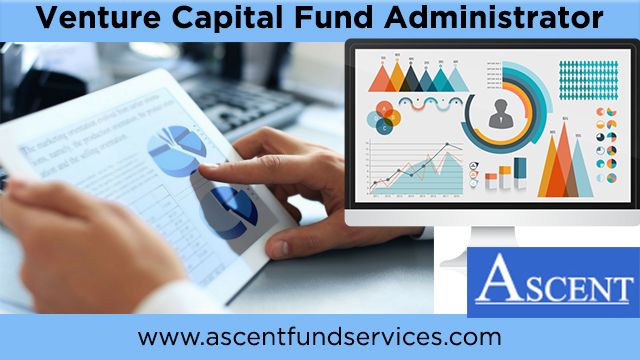Variable Capital Company Singapore – Uses & Benefits
VCC is the acronym of Variable Capital Companies structure for both open and close-ended funds in Singapore. It can be proactively set up as a standalone fund or an umbrella fund including two or more sub-funds. Furthermore, it gives extensive flexibility to its investors for organizing financial statements and can be cohesively managed by VCC Fund Administrator. The VCC is an inclusive structure where the economic substance requirements could be satisfied and funds have to redomicile from foreign jurisdictions. Additionally, the organization should be registered in Singapore as a VCC to avail of its significant benefits of fund investment and administration. Continue reading the blog to grab relevant pieces of info related to venture capital fund administrators.
Who Can Invest In A VCC?
Fund managers or shareholders who have residency in Singapore can only Invest In A VCC.
US tax-resident investors can also invest in the VCC master funds.
The administrator who in turn would be regulated by the MAS in Singapore.
A Qualified Representative of VCC Fund Administrator.
Requirements of VCC’s board of directors and residency if plan to invest in a venture capital fund.
VCC Ownership
The fund managers act as the owner of the VCC.
Although there is no maximum investment limit, one (1) is the minimum amount of fund sharing.
If an investor would ever want to stop the continuation of investment, he/she can exit anytime by selling their shares back to the VCC itself.
Directors have the power to modify the VCC constitution even without taking permission from members.
Differences In Open-Ended & Close-Ended Funds
However, it is a harsh truth that the VCC can be utilized for both open-ended and close-ended funds. But, there are some differences between these two funds. Let’s give a glance at below to know how open-ended fund differs from the close-ended funds for Variable Capital Company Singapore:
An Open-Ended Fund in VCC permits investors to redeem their investments anytime, whereas a Closed-End Fund does not permit investors to do so.
There are no fixed amount of shares in Open-ended Funds, on the other hand, there is having a limited number of shares in Close-Ended Funds.
Open-Ended Funds are always open to new subscriptions, but, on the other hand, Close-Ended Funds do not allow new subscriptions once the offering period is over.
The Key Advantages Of Variable Capital Company Singapore
The major core benefits of Variable Capital Company Singapore are listed below. Check out:
Investment funds that were earlier set up in foreign jurisdictions can be hassle-freely transferred to and registered in Singapore under the VCC Act. But, there are certain parameters that should be met.
Members of VCC can hold shares individually for sub-funds.
Investors have the flexibility to frequently enter and exit the fund.
Ultimate improvement in Cost-savings with having a single administrator, fund manager, or compliance officer.
Flexibility in redeeming the investments.
It is however required to maintain the registry of shareholders, but no need to share the information publicly. The VCC Fund Administrator can give full privacy to beneficiaries.
Get Additional Guide For Variable Capital Company Singapore
If you are yet seeking suitable guidance or want to incorporate a Variable Capital Company In Singapore, consult our professionals in Ascent. We have a team of well-educated corporate service providers who offers one-stop corporate secretarial services in your budget. Moreover, we provide top-notch services with never-ending compliance, human resource outsourcing, and tax reporting in Singapore.




Comments
Post a Comment